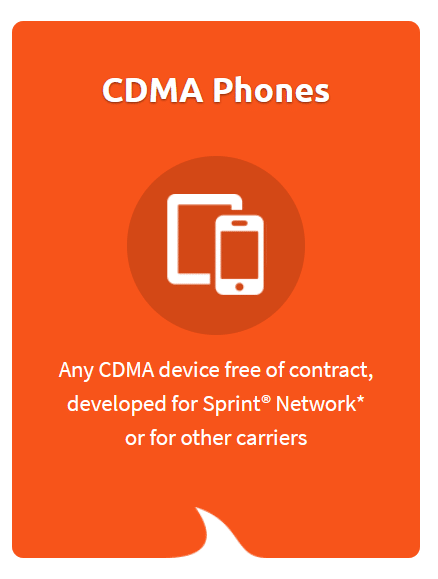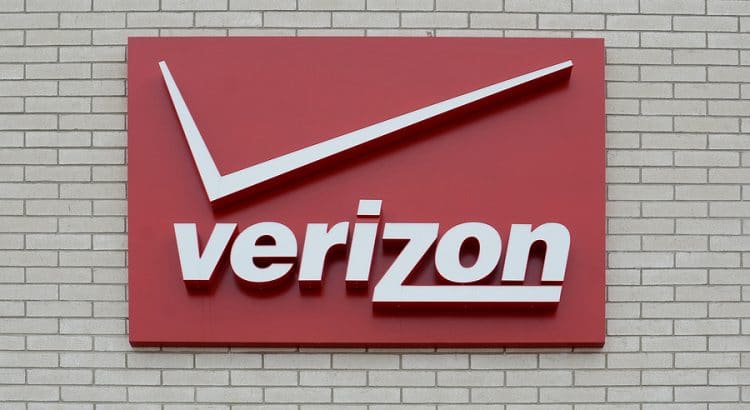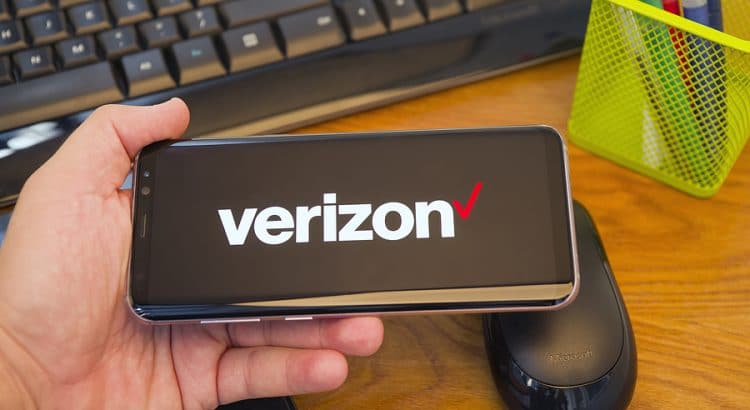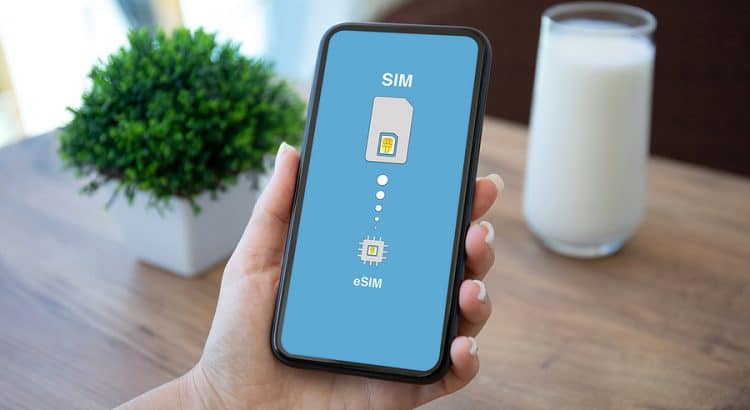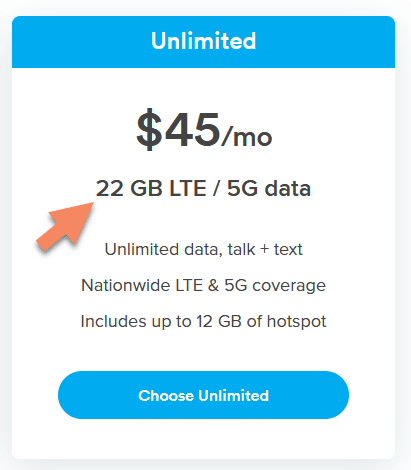In a press release shared yesterday, T-Mobile started referring to some of its 5G services as Ultra Capacity 5G. We’ve seen this kind of branding move before. Verizon calls its 5G service using low-frequency signals 5G Nationwide and its millimeter wave service 5G Ultra Wideband. AT&T calls its millimeter wave service 5G+.
T-Mobile’s Ultra Capacity 5G will typically deliver excellent speeds, but it isn’t well-suited for extensive coverage. Ultra Capacity 5G stands in contrast with T-Mobile’s low-frequency 5G, which T-Mobile is branding as “Extended Range 5G.” T-Mobile’s Extended Range 5G has better coverage potential than Ultra Capacity 5G, but Extended Range 5G will tend to deliver slower speeds.
I expect T-Mobile intentionally copied the word “ultra” from Verizon’s term 5G Ultra Wideband. While Verizon reserves the phrase Ultra Wideband for millimeter wave 5G, T-Mobile is using Ultra Capacity to refer to both mid-band and millimeter wave 5G.1 I’m guessing T-Mobile is hoping consumers will incorrectly conflate the two terms.
While I’m not a fan of T-Mobile’s deceptive naming, I have to acknowledge the company’s cleverness. T-Mobile is leading the nation in mid-band 5G coverage, but the network is way behind AT&T and Verizon in millimeter wave coverage. By using a single branded term for both mid-band 5G and millimeter wave 5G, T-Mobile can brag about how extensive its Ultra Capacity 5G coverage is without drawing attention to how little millimeter wave coverage the network offers.



